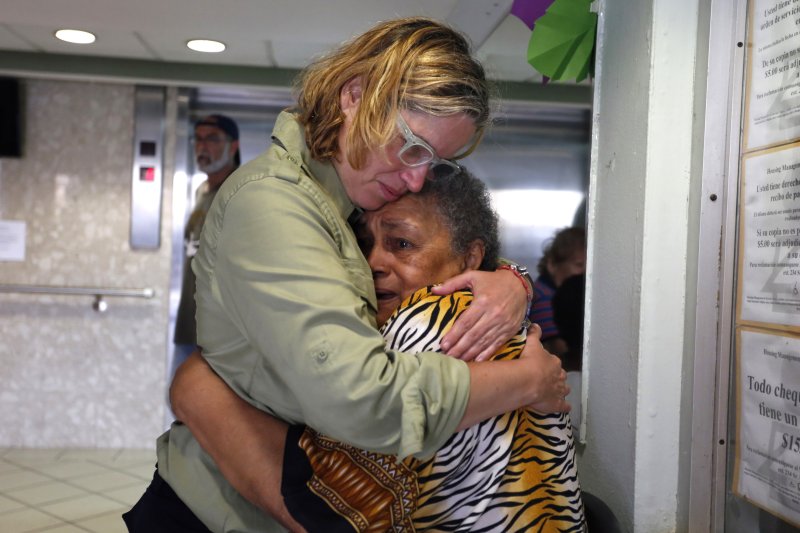June 30 (UPI) -- Saturday marks the last day of the Federal Emergency Management Agency's temporary housing program for nearly 1,800 Puerto Rican survivors of Hurricane Maria.
The emergency shelter program currently provides 1,744 families whose homes were severely damaged in the September 2017 storm with hotels and motels free-of-charge on the island, in the District of Columbia and 28 states. The program has helped more than 7,000 families since October. Of those families currently benefiting, more than a third stayed in Florida, ABC News reported.















